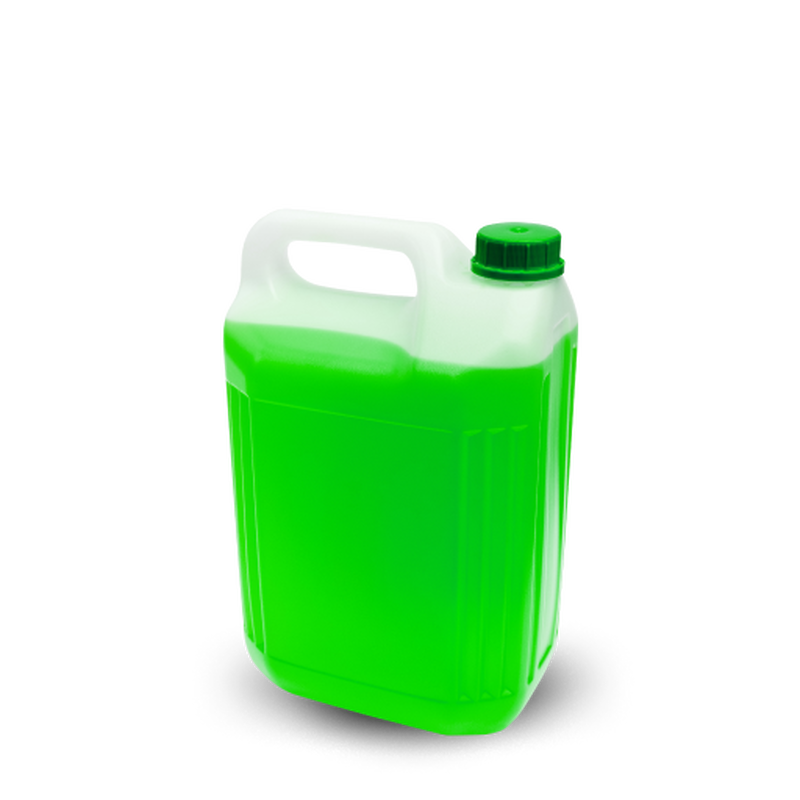Services
Radiator & Coolant Flush Service
Priced In Store
Ever wonder how your car keeps its cool? Whether you call it coolant or antifreeze, it’s what keeps your engine protected and your vehicle from overheating. Think yours may be need some attention? Bring your car to us, and we’ll happily check it for free.
- The coolant or antifreeze level is low when you check it
- Your vehicle’s temperature gauge is rising into the “hot” zone or above where it rests normally
- White smoke is coming from under the hood—another sign your vehicle may be overheating
- You see white exhaust smoke, a symptom of burning coolant
- A bright green, sweet-smelling liquid (your coolant or antifreeze) is leaking or in a puddle under your vehicle
Maximize your confidence on the go (no matter how hot it gets under your hood) with a coolant service once a year. Recommendations vary between vehicle manufacturers and models. Motorist Assurance Program guidelines recommend referring to your vehicle owner's manual for replacement and/or service.
To help ensure that your engine stays cool under pressure and to help you stay out of the breakdown lane, we’ll start by inspecting your coolant or antifreeze level.
If you choose to proceed and purchase our radiator flush service, we’ll inspect and pressure-test your vehicle's cooling system. Next, your vehicle’s coolant will be flushed from the radiator and heater core, then replaced in accordance with the precise recommendations of your vehicle manufacturer.
The anticorrosion and lubricating properties in engine coolant break down over time, allowing rust, corrosion, and mineral deposits to form. This can result in overheating, engine damage, and costlier cooling system repairs down the road.

